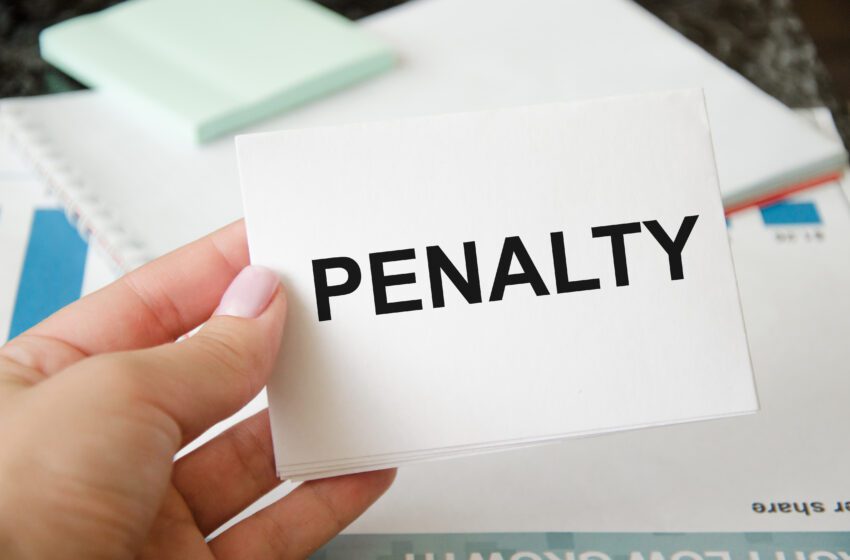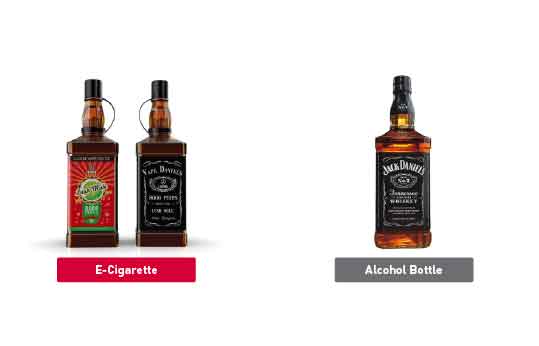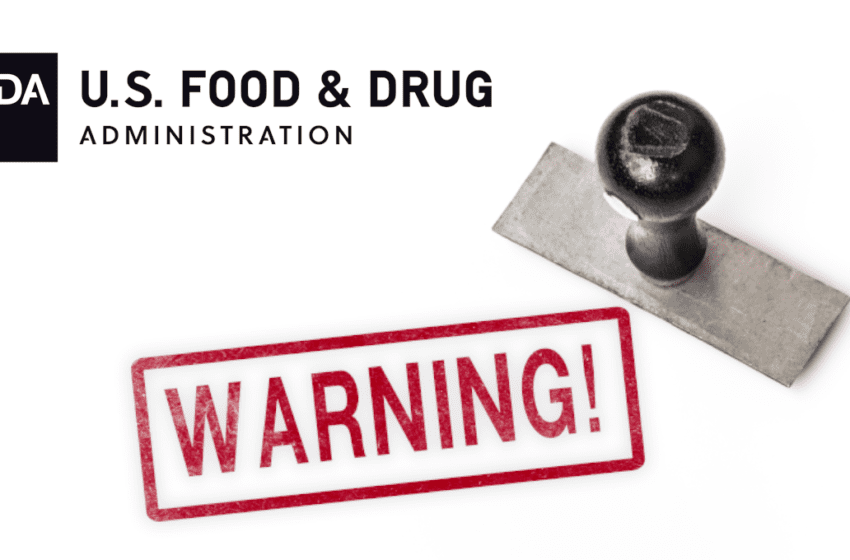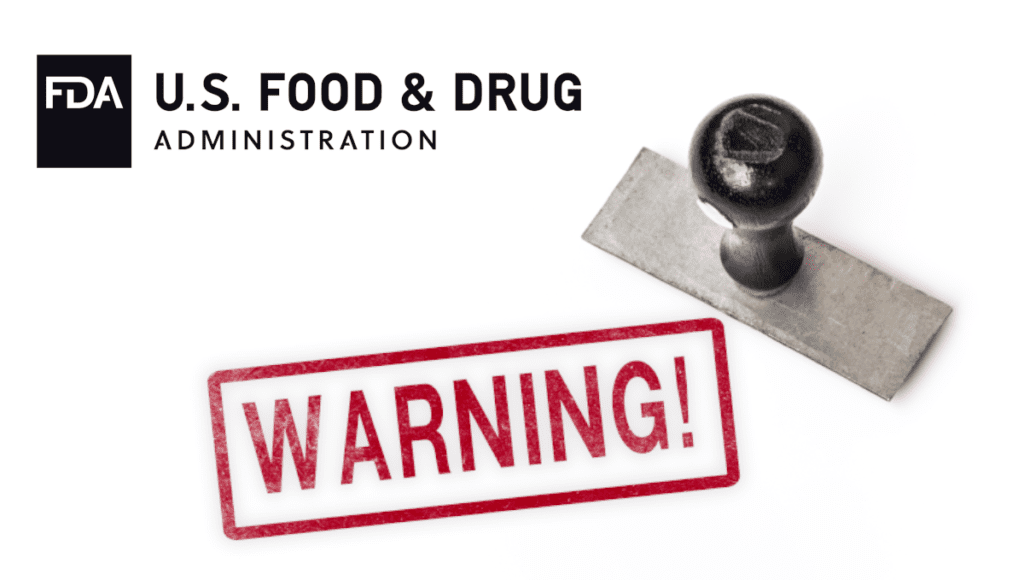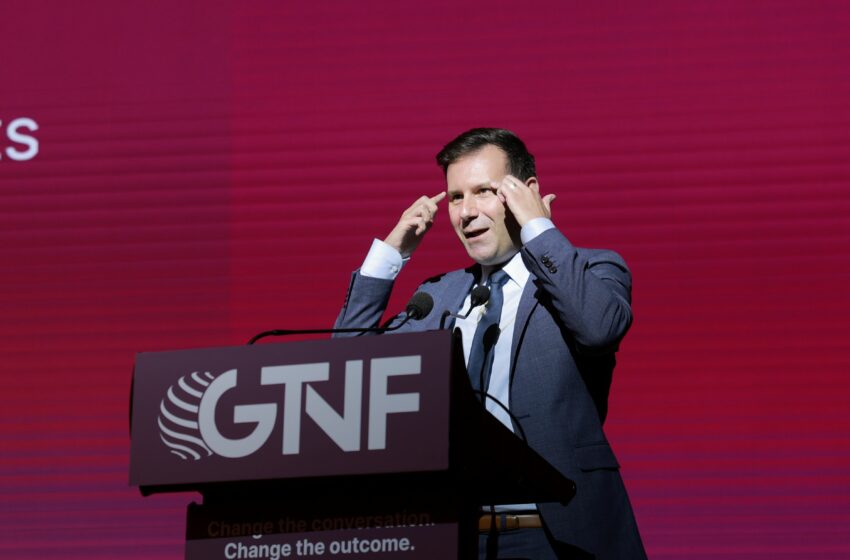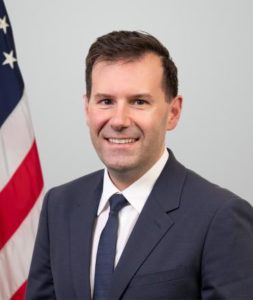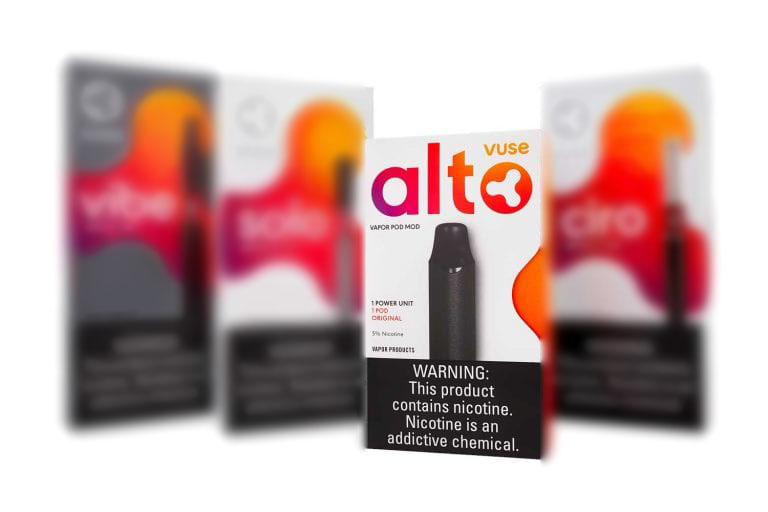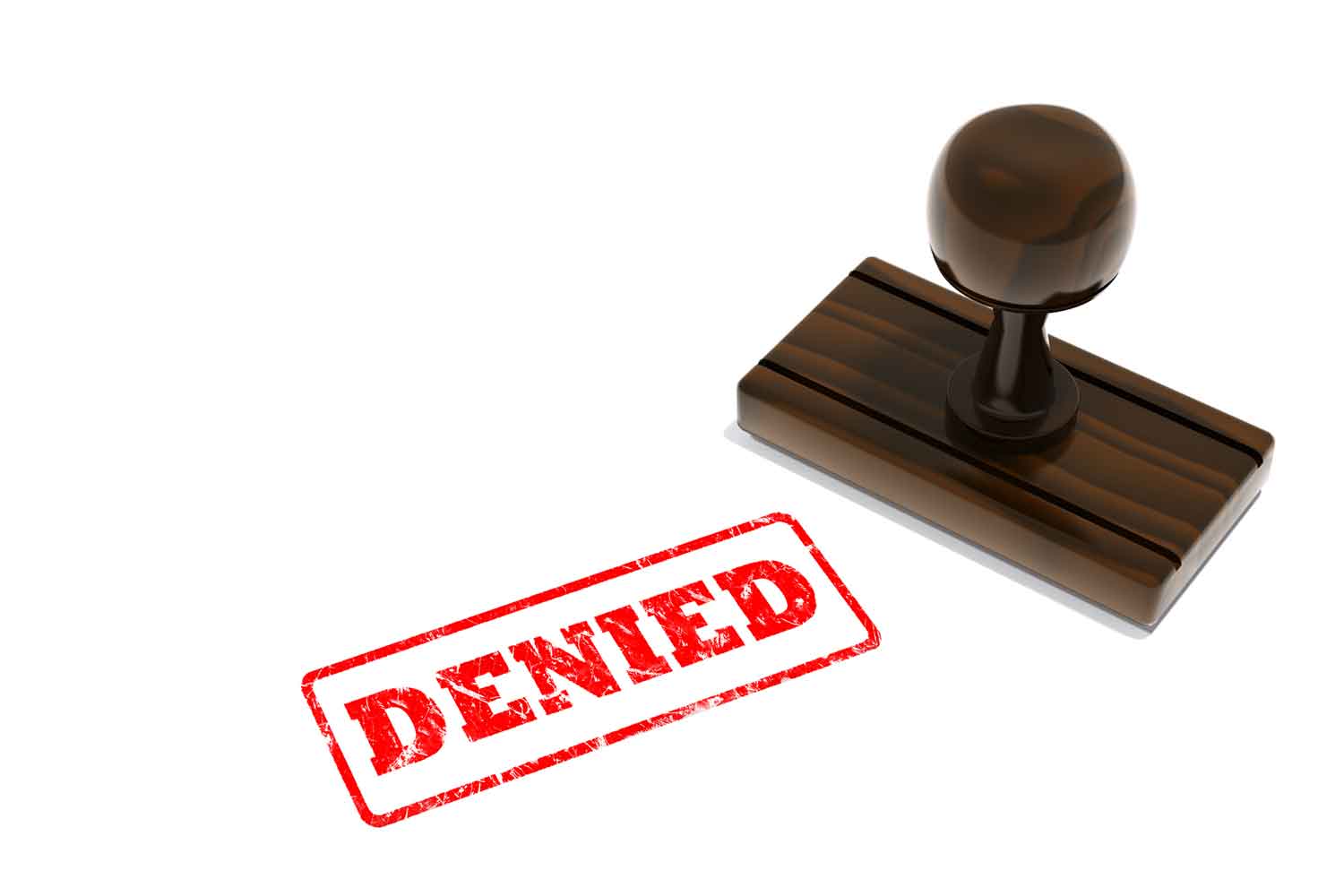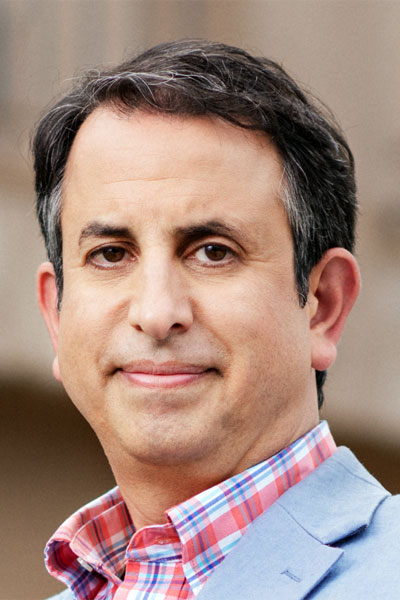
On Feb. 26, the U.S. Food and Drug Administration announced the filing of complaints for civil money penalties (CMPs) against 20 brick-and-mortar retailers for the sale of unauthorized Elf Bar e-cigarettes. The FDA previously issued each retailer a warning letter relating to their sale of unauthorized e-cigarettes. However, follow-up inspections revealed that the retailers had failed to correct the violations, and the agency is now seeking the maximum penalty amount of $20,678 for a single violation from each retailer.
Including these complaints, the FDA has filed more than 100 CMP complaints against retailers for the illegal sale of Elf Bar e-cigarettes. Data indicate these products are appealing to youth. According to the 2023 National Youth Tobacco Survey, Elf Bar was the most commonly used brand among U.S. youth e-cigarette users; among middle and high school students who reported using e-cigarettes in the past 30 days, more than half said they used Elf Bar products during that period.
“These retailers have not adequately addressed the violations noted in previous warnings from FDA regarding the sale of unauthorized e-cigarettes,” said Brian King, director of the FDA’s Center for Tobacco Products. “Their continued failure to comply with the law is inexcusable, and as is evidenced by today’s actions, we’re committed to holding them accountable for it.”
As of Feb. 15, the FDA has issued more than 440 warning letters to and filed 100 CMP actions against retailers, including brick-and-mortar and online retailers, for selling unauthorized tobacco products. In addition to actions involving retailers, the FDA has issued more than 660 warning letters to manufacturers, importers and distributors for illegally selling and/or distributing unauthorized new tobacco products, including e-cigarettes. The agency has also filed CMP complaints against 50 e-cigarette firms for manufacturing unauthorized products and sought injunctions in coordination with the U.S. Department of Justice against seven manufacturers of unauthorized e-cigarette products.

